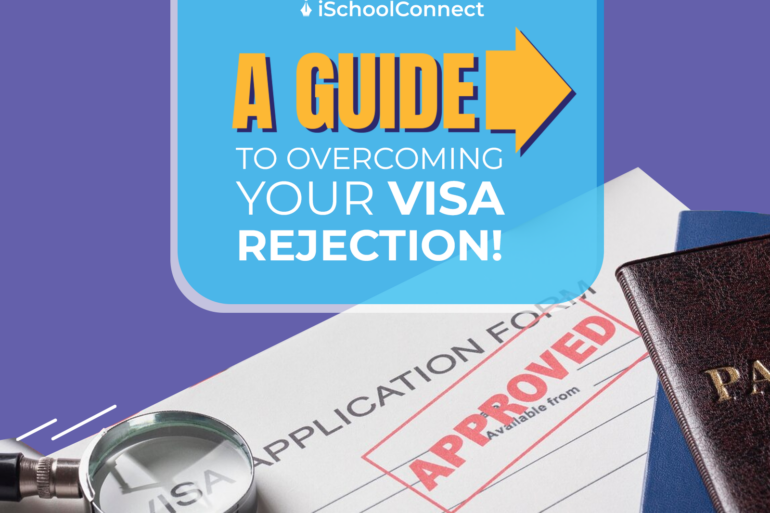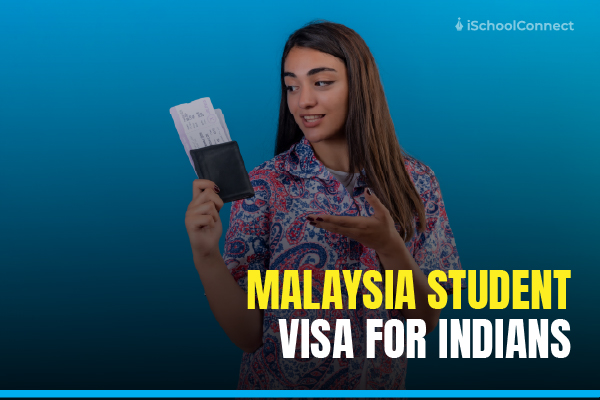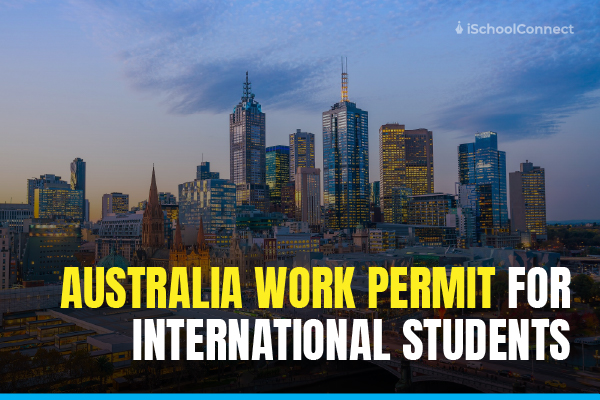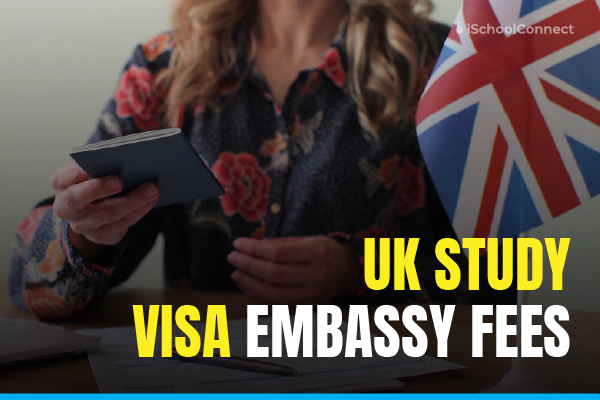Table of Contents
Navigating the challenges of US visa applications
Obtaining a U.S. visa is a rigorous process, and it can be a source of anxiety and uncertainty for many applicants. One of the most common reasons for visa denials is the 214(b) section of the Immigration and Nationality Act, which states that applicants must demonstrate their eligibility and intent to return to their home country after a temporary stay in the United States. This blog will discuss the intricacies of the 214(b) visa denial, its reasons, and strategies to overcome such rejections.
Understanding the 214(b) visa denial
Many applicants often find the 214(b) visa denial a source of confusion. This section of the Immigration and Nationality Act allows consular officers to deny a visa to an applicant if they believe the applicant has not provided sufficient evidence of their ties to their home country. This is to ensure that the applicant does not intend to immigrate to the United States. The burden of proof lies on the applicant to convince the consular officer of their intent to return.
Common reasons for 214(b) visa denials
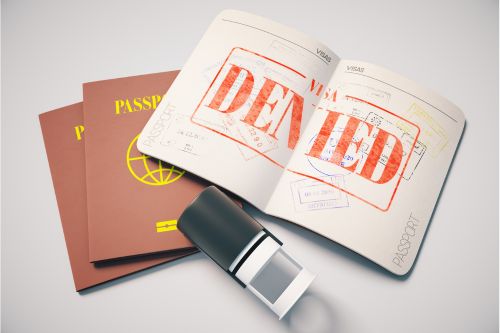
The process of applying for a U.S. visa can be both daunting and demanding, often leaving applicants with feelings of anxiety and uncertainty. Hence, we are discussing the intricacies of the 214(b) visa denial, exploring the common reasons behind it, and shedding light on strategies to overcome such rejections.
- Ties to home country- Consular officers look for strong ties to the applicant’s home country. These ties can include family, employment, property, and social connections. A lack of substantial connections may lead to a 214(b) denial.
- Inadequate financial documentation- Demonstrating the financial ability to support oneself during the intended stay is essential. Incomplete or unclear financial documentation can result in a visa denial.
- Inconsistent information- Discrepancies in the information provided in the application, during the interview, or on supporting documents can raise concerns about the applicant’s credibility.
- Travel history- A history of overstaying previous visas or a pattern of traveling to other countries without returning to the home country may lead to a 214(b) denial.
Strategies to overcome visa rejections
Here are a few strategies that applicants can employ to enhance their chances of success in subsequent visa applications.
- Reevaluate your ties to your home country – Take a critical look at your documents that demonstrate ties to your home country. Ensure that you have compelling evidence of strong connections, such as family relationships, jobs, real estate, or other significant investments. Document these ties thoroughly and provide evidence to support your claims.
- Improve financial documentation – Financial stability is a significant factor in visa applications. Ensure your financial documents are clear, complete, and current. Include bank statements, tax returns, and evidence of a stable income source. A letter from your employer stating your position, salary, and intention to return to your job in your home country can be invaluable.
- Consistency is key – Avoid discrepancies in your application and during the visa interview. Be truthful and consistent in all your responses. Any inconsistency may raise doubts about your credibility and intent.
- Address previous overstays – If you have a history of overstaying a visa, be prepared to explain the circumstances and demonstrate that you have since complied with visa regulations and returned to your home country as required. Provide evidence of your compliance.
- Seek legal advice – Consulting an immigration attorney or expert can be valuable in addressing a 214(b) visa denial. They can review your case, provide guidance, and help you present a stronger case in your next application.
- Demonstrate strong intent to return – Throughout the application and interview, emphasize your intent to return to your home country after your temporary stay in the United States. Present a clear and convincing case for your commitments back home.
Additional tips to avoid 214(b) visa denial
While much relies on your profile, you can do a few things as an international student to avoid 214(b) visa refusal. Here’s how to prevent the denial-
- Dress appropriately for your visa interview. Formals are not a requirement, you should wear something casual yet nonetheless smart.
- Answer all the questions with confidence.
- Do not submit any false documents, including job recommendations or bank statements.
- If you have had any run-ins with the police, explain what happened and how you have improved or changed.
- If you have previously spent a lengthy period of time in the United States, please explain why.
- If you have opted to attend a community college or a ‘non-brand’ university, explain why you did so.
- Maintain eye contact and avoid fumbling when communicating with the authorities in the personal interview.
Key takeaways
- Understanding the 214(b) visa denial and its common reasons is crucial for a successful application and helps you overcome the challenges of obtaining a U.S. visa.
- The 214(b) visa denial is based on an applicant’s ability to demonstrate eligibility and a clear intent to return to their home country after a temporary stay in the United States.
- Reapplying strategically after a visa denial, preparing for the interview, and emphasizing a strong intent to return to the home country are essential strategies for improving visa approval prospects.
We hope you found this blog informative. If you have any questions or would like more information on studying abroad, please don’t hesitate to reach out to us. Contact us today for expert guidance and assistance with your queries.
Liked this blog? Read next: Exploring Hokkaido University: A journey as an international student
FAQs
Q1. Can a 214(b) visa denial affect future visa applications?
Ans- A previous 214(b) visa denial may not necessarily affect future applications. However, it’s essential to address the reasons for the denial and improve your application to enhance your chances of success in subsequent applications.
Q2. Are there any exceptions to the 214(b) requirement?
Ans- There are no specific exceptions to the 214(b) requirement. All U.S. visa applicants must demonstrate eligibility and a clear intent to return to their home country unless there are specific provisions or waivers applicable to their case, which may vary by visa category.
Q3. Is the 214(b) visa denial specific to a particular visa category?
Ans- It is not limited to a single visa type. The 214(b) visa denial can apply to various visa categories, including tourist visas (B-1/B-2), student visas (F-1), and exchange visitor visas (J-1), among others.
